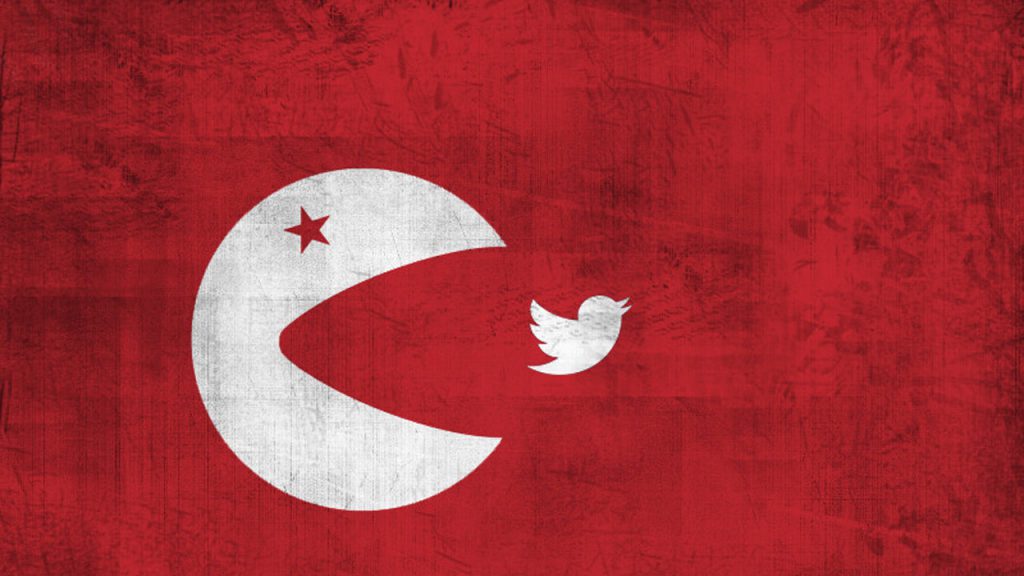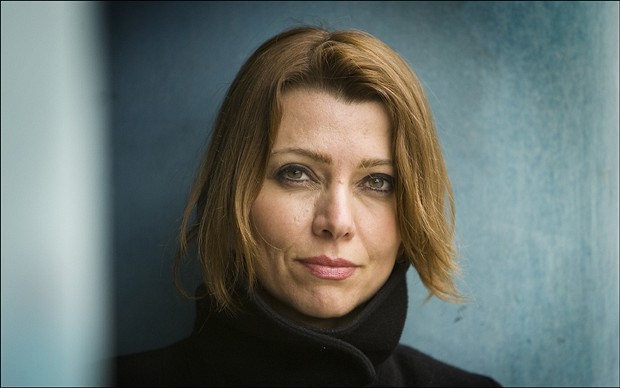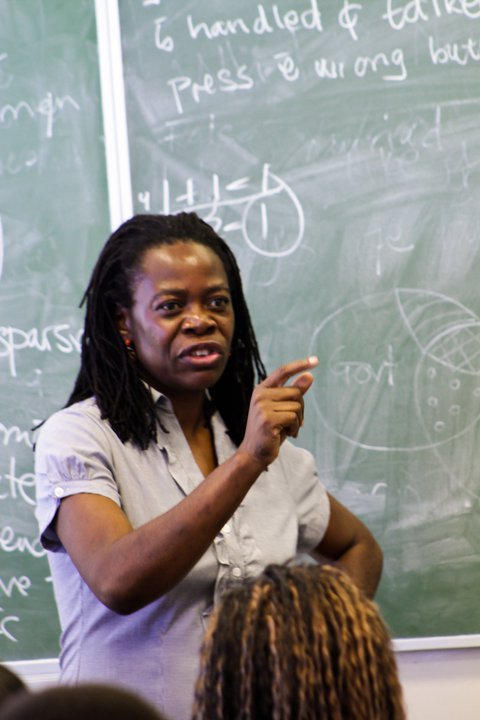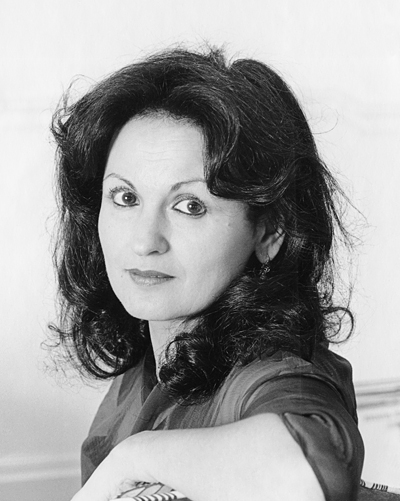FÆLLES UDTALELSE OM DE FORRINGEDE VILKÅR FOR YTRINGS- OG MEDIEFRIHED I TYRKIET
 Til forelæggelse for FN’s FN Menneskerettighedsråd 34. Samling, punkt 4: Menneskerettigheds-situationer, der kræver Rådets opmærksomhed
Til forelæggelse for FN’s FN Menneskerettighedsråd 34. Samling, punkt 4: Menneskerettigheds-situationer, der kræver Rådets opmærksomhed
Fremført af Sarah Clarke, International PEN
Den 15. marts 2017
Hr. formand
International PEN, ARTICLE 19 og 67 andre organisationer skal herved udtrykke vores dybe bekymring over den eskalerende forværring af ytrings- og mediefriheden, som Tyrkiet har set siden det voldelige og fordømmelige kupforsøg i juli 2016.
Over 180 nyhedsmedier er lukket ned ved præsidentielt dekret efter indførelse af undtagelsestilstand. Mindst 148 forfattere, journalister og mediefolk er fængslet, deriblandt Ahmet Şık, Kadri Gürsel, Ahmet og Mehmet Altan, Ayşe Nazli Ilıcak og İnan Kizilkaya, hvilket nu gør Tyrkiet til det land i verden, der har sat flest journalister i fængsel. De tyrkiske myndigheder misbruger undtagelsestilstanden til en alt for vidtgående begrænsning af grundlæggende rettigheder og friheder, der kvæler kritiske røster og begrænser mangfoldigheden af de synspunkter og udtalelser, der er tilgængelige i det offentlige rum.
Disse begrænsninger har nået nye højder forud for den afgørende folkeafstemning 16. april om forfatningsmæssige reformer, som drastisk vil udvide den udøvende magts beføjelser. De tyrkiske myndigheders kampagne har været skæmmet af trusler, arrestationer og retsforfølgelse af dem, der har givet udtryk for kritik af de foreslåede ændringer. Flere medlemmer af oppositionen er blevet anholdt på terroranklager. Tusindvis af offentligt ansatte, herunder hundredvis af akademikere og modstandere af de forfatningsmæssige reformer, blev afskediget i februar. Markante ’Nej’-demonstranter er blevet tilbageholdt, hvilket har forværret det samlede klima af mistro og frygt. Rettighederne til at nyde godt af ytrings- og informationsfrihed, som er så afgørende for retfærdige og frie valg, er i fare.
I tiden op til folkeafstemningen er behovet for mediepluralisme er vigtigere end nogensinde. Vælgerne har ret til at blive behørigt informeret og kunne gøre sig bekendt med alle oplysninger og synspunkter, herunder afvigende røster, i tilstrækkelig god tid. Den fremherskende atmosfære bør være præget af respekt for menneskerettighederne og de grundlæggende frihedsrettigheder uden frygt for repressalier.
Vi skal derfor opfordre dette råd, dets medlemmer og observatører til at opfordre de tyrkiske myndigheder til:
- At garantere lige sendetid for alle parter og give mulighed for at formidle alle oplysninger i videst muligt omfang for at sikre, at vælgerne er fuldt informeret;
- At sætte en stopper for klimaet af mistro og frygt ved: 1) Straks at løslade alle dem, der holdes i fængsel for at udøve deres ret til menings- og ytringsfrihed; 2) At ophøre med at retsforfølge og tilbageholde journalister, der holdes interneret alene på grundlag af indholdet af deres journalistisk eller påståede partitilhørsforhold; 3) At indstille den udøvende magts indblanding i redaktionelle beslutninger, afskedigelser af journalister og redaktører – og pres imod og intimidering af kritiske nyhedsmedier og journalister
- At tilbagekalde undtagelsestilstandens alt for vidtgående bestemmelser, hvis håndhævelse i praksis er uforenelige med Tyrkiets menneskeretsforpligtelser.
Tak hr. Formand
Underskrevet af 31 PEN-centre, deriblandt Dansk PEN, foruden organisationer som ARTICLE 19, Journalister Uden Grænser, Mediawatch og mange andre. Også netværket Fri Debat tilslutter sig opfordringen.
ActiveWatch – Media Monitoring Agency
Adil Soz – International Foundation for Protection of Freedom of Speech
Albanian Media Institute
Americans for Democracy & Human Rights in Bahrain
ARTICLE 19
Association of European Journalists
Basque PEN
Brazilian Association for Investigative Journalism
Canadian Journalists for Free Expression
Cartoonists Rights Network International
Center for Independent Journalism – Hungary
Croatian PEN centre
Danish PEN
Digital Rights Foundation
English PEN
European Centre for Press and Media Freedom
European Federation of Journalists
Finnish PEN
Foro de Periodismo Argentino
German PEN
Global Editors Network
Gulf Centre for Human Rights
Human Rights Watch
Icelandic PEN
Independent Chinese PEN Center
Independent Journalism Center – Moldova
Index on Censorship
Institute for Media and Society
International Press Institute
International Publishers Association
Journaliste en danger
Media Foundation for West Africa
Media Institute of Southern Africa
Media Watch
MYMEDIA
Nigeria PEN Centre
Norwegian PEN
Pacific Islands News Association
Pakistan Press Foundation
Palestine PEN
PEN American Center
PEN Austria
PEN Canada
PEN Català
PEN Centre in Bosnia and Herzegovina
PEN Centre of German-Speaking Writers Abroad
PEN Eritrea in exile
PEN Esperanto
PEN Estonia
PEN France
PEN International
PEN Melbourne
PEN Myanmar
PEN Romania
PEN Suisse Romand
PEN Trieste
Portuguese PEN Centre
Punto24
Reporters Without Borders
Russian PEN Centre
San Miguel PEN
Serbian PEN Centre
Social Media Exchange – SMEX
South East Europe Media Organisation (SEEMO)
South East European Network for Professionalization of Media
Vigilance pour la Démocratie et l’État Civique
Wales PEN Cymru
World Association of Newspapers and News Publishers (WANIFRA)


